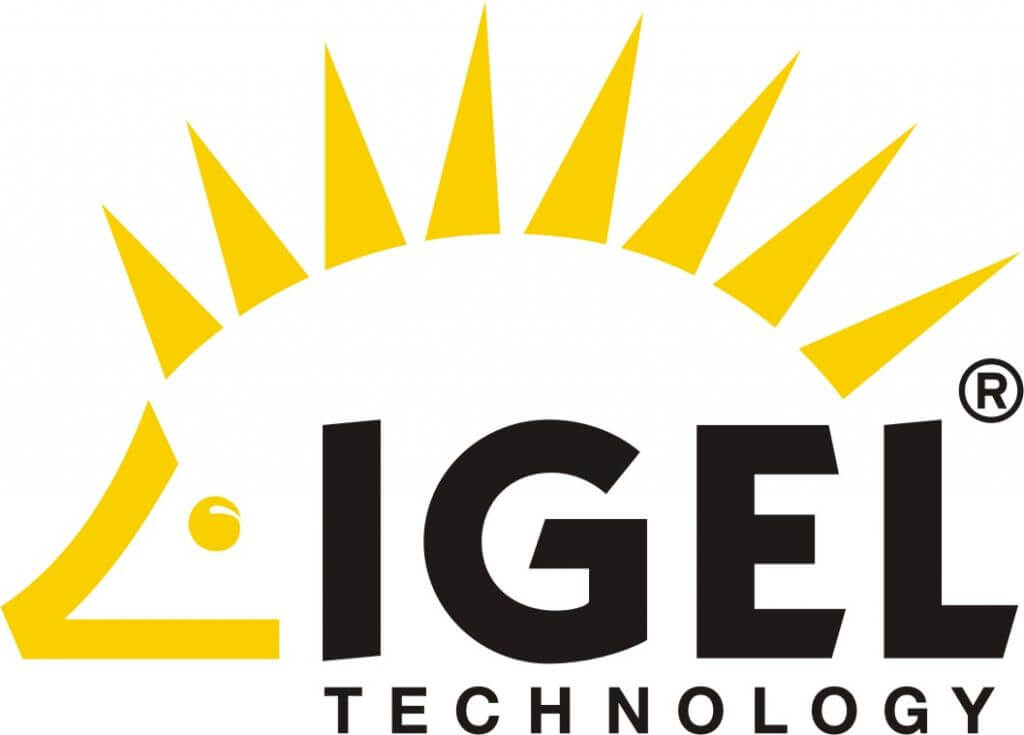IGEL Announces Availability of the First Linux Client to Support Microsoft Windows Virtual Desktop

IGEL OS Support for Microsoft Windows Virtual Desktop is Now Generally Available, Making it Easy for Customers to Migrate Windows Workspaces to the Azure Cloud
IGEL, provider of the next-gen edge OSfor cloud workspaces, today announced general availability of Linux client support for Microsoft Windows Virtual Desktop. As part of a limited preview of the Microsoft RD Core software developer’s kit (SDK), IGEL is the first to offer a Linux-based client that is validated for use with Windows Virtual Desktop.
During Microsoft Ignite in November 2019, Microsoft revealed in a blog authored by Brad Anderson, Corporate Vice President for Microsoft 365, that it was enabling Linux device support for Windows Virtual Desktop, naming IGEL as a “key hardware partner.” Now, following collaborative development, IGEL OS is the first Linux operating system available to deliver validated support for Windows Virtual Desktop-powered devices.
“IGEL is pleased to have integrated native support for Windows Virtual Desktop within IGEL OS to simplify organizations’ migration of Windows to the cloud,” said Matthias Haas, Chief Technology Officer, IGEL. “This marks IGEL’s first manifestation of this Windows Virtual Desktop-verified solution, which will now be a consistent feature of our powerful operating platform as we deliver quarterly releases offering new features and extended functionality for organizations moving their desktops to the Azure cloud.”
With the end of support for Windows 7 on January 14, 2020, many organizations face the challenge of how to enable older, underpowered hardware devices to support Windows 10 natively at the endpoint. Using hardware-agnostic IGEL OS, organizations are able to convert any x86, 64-bit device into a Windows Virtual Desktop-powered cloud endpoint – with the ability to run Windows 10 from the Azure cloud. In addition, IGEL OS-powered devices are easy to manage, simple to configure and extremely “lightweight,” minimizing the attack surface and offering built-in enterprise-level security with features including two-factor authentication. IGEL OS also includes a complete “chain of trust” verification process from the processor or UEFI all the way to Windows Virtual Desktop services from the Azure cloud, making it extremely resistant to manipulation, viruses and other malware.
“For customers that want end user computing that’s simple, dynamically scalable, secure, centrally managed and cost effective, IGEL’s Linux-based edge OS and Windows Virtual Desktop are a great combination,” said Scott Manchester, Group Program Manager for Windows Virtual Desktop and Remote Desktop Services, Microsoft.
“The nature of today’s desktops is dramatically changing and the rise of Desktop-as-a-Service (DaaS) solutions is now upon us. And in this era of DaaS, Windows Virtual Desktop is changing the game by delivering simplified management, multi-session Windows 10 and built-in security and compliance,” said Mark Bowker, Senior Analyst, Enterprise Strategy Group. “When used together with IGEL OS, it takes these features a step further by extending the life of existing hardware, reducing management cost and time, and adding the additional layers of endpoint security companies need to empower user productivity.”
View additional IGEL technology and solution partner quotes here.
IGEL will showcase IGEL OS-powered devices used with Windows Virtual Desktop during DISRUPT 2020, the Cloud Workspaces Forum, to be held in Nashville, January 27-29, and Munich, February 4-6. To register for this annual end user computing industry event, which will also include headline presentations from Microsoft, Citrix, VMware, Gartner and other leading industry experts, visit: https://disrupteuc.com/.
For more information read the solution brief “Windows Virtual Desktop and IGEL OS: Secure, Efficient, Productive Cloud Desktops are Here!” and the tip sheet “Top Reasons IGEL OS is Best for Windows Virtual Desktop (WVD).”
